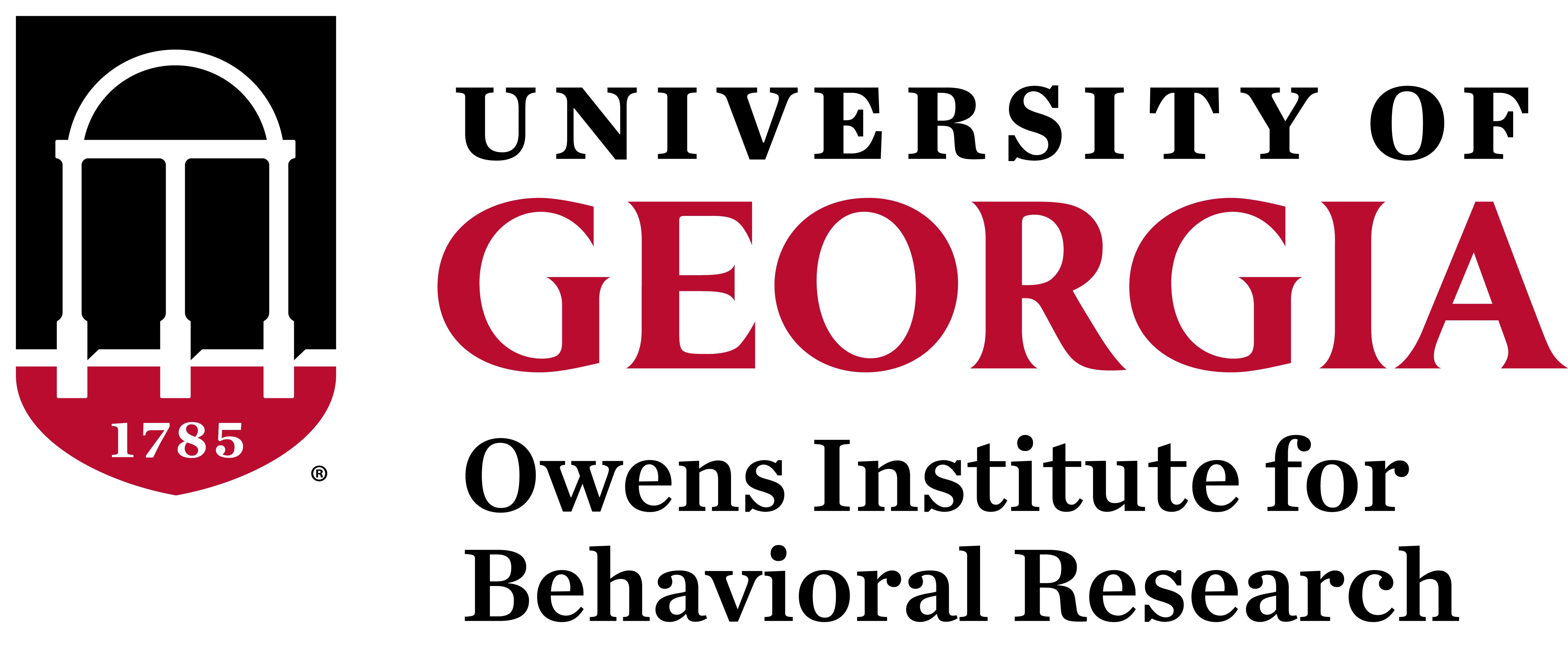Igniting Change: FIRE-PLAN Grant to Re-Think Wildland Fire Science and Education


In a groundbreaking initiative, OIBR Affiliate Dr. Laura German recently received funding for the FIRE-PLAN project, titled “ITEST-FIRE: Convergent Pyroscapes.” She has been awarded a grant of $196,799 from the National Science Foundation’s Division of Research on Learning (NSF-DRL). This project is set to catalyze innovative and inclusive wildland fire science and education in Western North Carolina in partnership with the Eastern Band of Cherokee Indians (EBCI), addressing critical issues in forest management and STEM representation.
Project Origins and Timeline
The planning for the Convergent Pyroscapes project commenced in October 2022 in response to the NSF call for “Planning Proposals to Catalyze Innovative and Inclusive Wildland Fire Science through Diverse Collaborations.” However, its roots trace back to 2019, marked by collaborations with the Natural Resources Department of the Eastern Band of Cherokee Indians (EBCI NRD) within the context of the Integrative Conservation Practicum, a graduate course in the Integrative Conservation (ICON) program, taught by Dr. German. This partnership, focusing on the role of fire in meeting Tribal forestry goals, helped to lay the conceptual and partnership groundwork for a comprehensive project that would address complex challenges in the eastern forests.
The planning grant, spanning from January 1, 2024, to December 31, 2025, will provide the necessary funding for trust-building and collaborative planning to identify key priorities for Phase 2 proposals focused on blending Indigenous and Western knowledge and technology for prescribed fire modeling and management, and Native STEM education.
Addressing the Urgency: Why FIRE-PLAN Maters
One of the key motivations behind the convergent pyroscapes project is the significant underrepresentation of Native people in STEM fields. This imbalance not only raises equity concerns but also diminishes the invaluable contribution of Native worldviews and technologies to prescribed fire and land management. The consequences are stark, with increasingly severe wildland fires and the loss of fire-adapted forest communities and related ecosystem services.
With vast forest landscapes approaching a tipping point beyond which fire-adapted forest ecosystems will rapidly shift to less desirable states unless fire is reintroduced as a key management tool at scale, the need to increase the application of managed fire has never been greater. Indigenous-led fire stewardship is recognized as a potential solution, but it faces challenges. Conceptual blinders within fire science, management, and education, coupled with shifts in forest conditions under federal management and barriers to STEM education among Native youth, hinder progress. The project aims to identify and break down these barriers by fostering a partnership between the EBCI, Native STEM educators, the University of Georgia, the U.S.D.A. Forest Service, and TERC, a STEM education research organization.
Innovative Approach: Converging Native and Western Knowledge
Convergent Pyroscapes adopts an innovative approach to knowledge convergence, integrating Native fire knowledge, technologies, and aspirations into STEM education and prescribed fire science and management. Indigenous-led workshops and collaborative co-designed methodologies will be employed to broaden partnerships, share foundational knowledge, and co-develop robust plans for one or more Phase 2 proposals.
The project’s ultimate goals are ambitious: to reveal and dismantle conceptual blinders in Western fire science, generate innovative and inclusive fire science advances, and enhance the participation of Native youth in forestry and natural resource careers through convergent STEM curricula.
Surprises and Challenges: Insights from the Researcher
The deep influence of conceptual blinders linked to the history of settler colonialism has been a surprising revelation in this evolving partnership. From redefining “natural” forests as cultural landscapes to recognizing fire as a keystone ecological process, the project challenges long-rooted assumptions and the false guardrails they engender that constrain the application of fire. The hoops that Tribes still must go through to use fire on landscapes adapted to regular burning over millennia highlight the complexity of the issue.
According to Dr. German, the most challenging yet rewarding aspect of the research is navigating partnerships with Tribal Nations, given the historical mistrust with research. Approaching the partnership with humility, a recognition of Tribal sovereignty, and a willingness to learn from those who have stewarded the lands for millennia hold the key to repairing relations with Tribal nations. In partnership with federal land management agencies, such orientations hold the potential to heal landscapes, communities, and relations and usher in greater resilience in the face of a warming climate.
Inspirations and Collaborations: People Behind the Project
Dr. German says she has benefited greatly from the contribution of natural scientists willing to interrogate their craft, learn together, and challenge both her and conventional scientific approaches. Additionally, the words and work of Indigenous scholars, poets, and activists have significantly influenced her, “shifting the ground” she walks on by reshaping her understanding of the Indigenous experience and allowing her to question fundamental assumptions about reality.
Future Aspirations: Charting a Course for the Next Five Years
The Convergent Pyroscapes project is an exciting effort to test novel paradigms for knowledge production and convergence, yet its ideas and approaches need to be tested in practice. As such, Dr. German envisions using this as a pilot experience, learning from successes and failures and drawing on those to set more ambitious goals in terms of effectiveness and reach. Ultimately, the goal is to make an impact on forests and Native self-determination in land management through novel approaches to “wildland” fire science and management.
In conclusion, the Convergent Pyroscapes project is well-positioned to produce innovations in fire science, blending Indigenous and Western science and technology to tackle pressing issues in wildland fire science and education. With a robust partnership and an innovative approach, the project holds the promise of reshaping the narrative around fire management and fostering inclusivity in STEM fields.
For more information about this research project, contact Principal Investigator, Dr. Laura German, UGA Professor of Anthropology and the Director of the Center for Integrative Conservation Research, or Co-PI Dr. Elizabeth King, UGA Associate Professor with the Odom School of Ecology.
Author: Andrea Horsman
